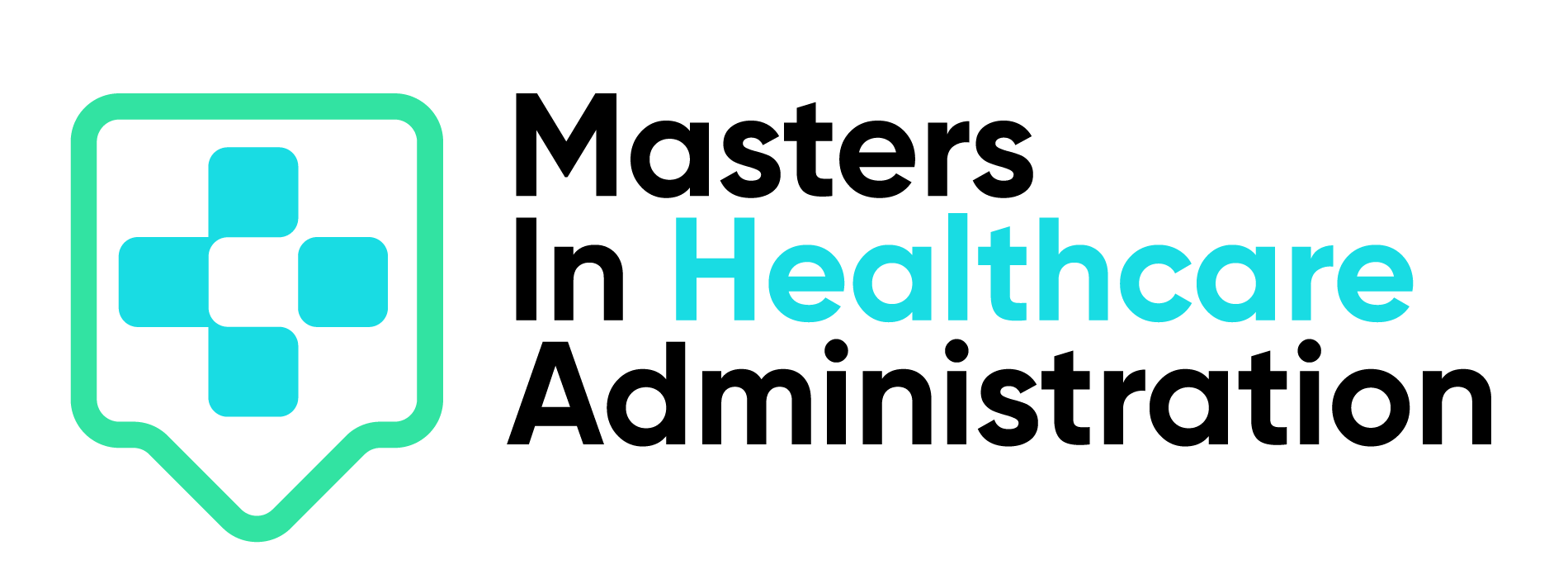Choosing the right graduate degree in healthcare will influence your career trajectory (and salary) in the future. Should you find yourself torn between the two of the more popular options — MHA and MPH — then you’ve come to the right page. Here, we’ll discuss their differences and help you decide which one is perfect for you.
MHA
The Masters of Health Administration program is designed to educate students about the business aspects of healthcare. Furthermore, it trains such individuals to become able leaders of healthcare organizations.
The MHA program also prepares students to become effective personnel managers while ensuring their institutions deliver quality patient care and comply with legal federal or local policies.
MHA students are also taught how to work and communicate with the various shareholders, board members, and investors of their respective institutions.
Admission
An MHA applicant needs to have an aligned bachelor’s degree or several years of experience. That said, some schools may waive the latter and offer a combined program for its qualified undergraduate students.
Some programs require the submission of a Graduate Record Examination (GRE) score, but some may waive it according to the student’s GPA. That said, some institutions have already foregone this requirement to ease the admission process.
MHA Curriculum
Most MHA program curriculums offer core courses in:
- Financial and/or budget management
- Accounting
- Risk management
- Healthcare policy
- Health ethics
- Health research
- Health informatics
Depending on the program, students may specialize in any of the following fields:
- Clinical management
- Health policy
- Healthcare ethics
- Health information systems
- Data management
The MHA program can be taken on-campus or online. Schooling typically lasts for 2-3 years, while some accelerated programs can be completed in a year. Depending on the requirements, the student may have to submit and defend their thesis project to graduate.
Popular Career Paths
An MHA degree can pave the way for various career opportunities, such as:
Medical/Health Service Manager
This category encompasses many administrative jobs, ranging from Hospital Administrator to Clinic Manager. Many are employed by hospitals, clinics, government agencies, and research institutions, to name a few.
In a nutshell, a medical or health service manager works to:
- Improve patient care and service delivery
- Create/monitor budgets and financial plans
- Coordinate medical/health services
- Ensure policy compliance
- Formulate institutional/departmental objectives and goals
- Hire and train employees
- Create staff schedules
- Oversee records and documentation
- Meet with shareholders
Health Information Systems Manager
While there is another graduate degree that focuses on health informatics, MHA graduates are also qualified to work as health information systems managers. These professionals are in charge of managing programs and systems that store and protect health records.
Health information systems managers are often employed by hospitals, clinics, physicians’ offices, and government agencies, to name a few.
MPH
A Masters in Public Health degree is a health research degree where students explore issues in public health, wellness, and other related topics.
MPH students are taught to understand and analyze how diseases, epidemics, injuries, and violence affect communities, so they can spread awareness and prevent these issues from significantly affecting individuals and families.
MPH graduates are designed to become public health advocates, thus giving them a key role in shaping health-related legislative policies.
Admission
Similar to the MHA program, MPH applicants need to have an aligned bachelor’s degree and years of relevant experience. Again, some schools may offer a combined BS-MPH pathway to qualified undergraduate programs.
The GRE score is required by some schools, although many no longer require their applicants to undergo this standardized test.
MPH Curriculum
Since the goal of the program is to explore public health issues, the curriculum usually covers core topics such as:
- Epidemiology
- Biostatistics
- Health Policy
- Environmental Health
- Social and Behavioral Health
The program is also designed to help build related competencies, such as program planning, systems thinking, leadership, communications, and professionalism.
Specific courses in informatics, health administration, and diversity may also be offered.
Many MPH programs also provide students with the opportunity to specialize in any of the following fields:
- Occupational Health
- Environmental Health
- Maternal and child health
- Substance abuse and mental health
- Infectious diseases
- Chronic diseases
An MPH degree, which can be pursued on-campus or online, usually runs for 2-3 years. Depending on the program, a student may need to write, submit, and defend a thesis paper to graduate.
Popular Career Paths
Epidemiologist
An epidemiologist gathers and studies data on illnesses and infections. They are responsible for determining which populations are at risk of getting or spreading certain diseases. Furthermore, they study people who survive certain diseases and use such data to find the best treatments for people who suffer from the same illness.
Epidemiologists are also in charge of promoting population health and well-being, apart from communicating their findings and lobbying for the creation or improvement of health policies.
Federal institutions that employ epidemiologists include the National Institutes of Health and the Centers for Disease Control. Likewise, local or state governments, universities, research companies, and hospitals need qualified epidemiologists as well.
Biostatistician
Biostatisticians collect data, analyze them through statistical equations, and publish the results they have obtained. They also work with other researchers to formulate study designs.
Similar to epidemiologists, biostatisticians are usually hired by federal or local agencies, research centers, and universities.
Health Education Specialist
Health educators help people engage in health-promoting behaviors, especially those who belong to populations or communities at high risk of disease. They do so through lectures, videos, and/or the use of other educational materials.
Health educators often work in government institutions, medical facilities, nonprofit organizations, and colleges/universities.
Which Program Should You Choose?
More than knowing the difference between the MHA and MHA programs, there are several factors you need to consider before making a choice:
Career Aspirations
An MHA degree is ideal for students who want to manage healthcare organizations or specialize in the business side of healthcare operations.
An MPH degree is perfect for individuals who want to serve the public by advocating for healthcare accessibility and patients’ rights, among many other things.
Job Outlook
MHA graduates are sure to enjoy a lot of employment opportunities in the future. Those who wish to become medical/health service managers have a job outlook of 28% for 2022-2032, according to the Bureau of Labor Statistics (BLS). Aspiring health information systems managers, meanwhile, face a 15% increase in demand in the decade to come.
MPH graduates who wish to become biostatisticians even have a higher job outlook of 30%, according to BLS. Those who want to become epidemiologists, on the other hand, are anticipated to enjoy a 27% increase in job opportunities. The lowest job outlook rate, though still considered faster than average, is that of health education specialists at 7%.
Salary
According to the BLS, medical/health service managers can earn a median pay of about $50.40 per hour or $104,830 per year. Health information systems managers, meanwhile, can expect to receive more at an average of $78.88 per hour or $164,070 a year.
Likewise, pay may vary for MPH graduates according to career. Biostatisticians can expect higher median wages at $48.06 per hour or $99,960 a year. Epidemiologists, meanwhile, have median pay of $37.75 per hour or $78,520 a year. Health education specialists only get about $28.84 per hour or $59,990 a year.
Work Environment
An MHA program is better for professionals who wish to work in various clinical settings, such as hospitals, clinics, or nursing facilities.
An MPH is better suited for individuals who wish to work in laboratories, offices, or government agencies. After all, the program usually opens doors for careers in epidemiology or biostatistics.
The Takeaway
An MHA program is perfect for individuals who want to lead or manage healthcare organizations. While the work setup is mostly clinical, the career opportunities brought forth by this degree are plentiful while the salary ranges are favorable.
An MPH degree, meanwhile, is ideal for those who want to conduct research or lobby for changes in health policies. Jobs are mostly office-based, with employment opportunity rates ranging from 7-28%. Salaries vary as well, with MPH-educated biostatisticians receiving the most pay followed by epidemiologists and health educators.
Looking to do both? You can get the best of both worlds by applying for an MHA-MPH dual degree, which is offered by many schools, such as Indiana University, the University of Utah, and the University of Alabama at Birmingham.

